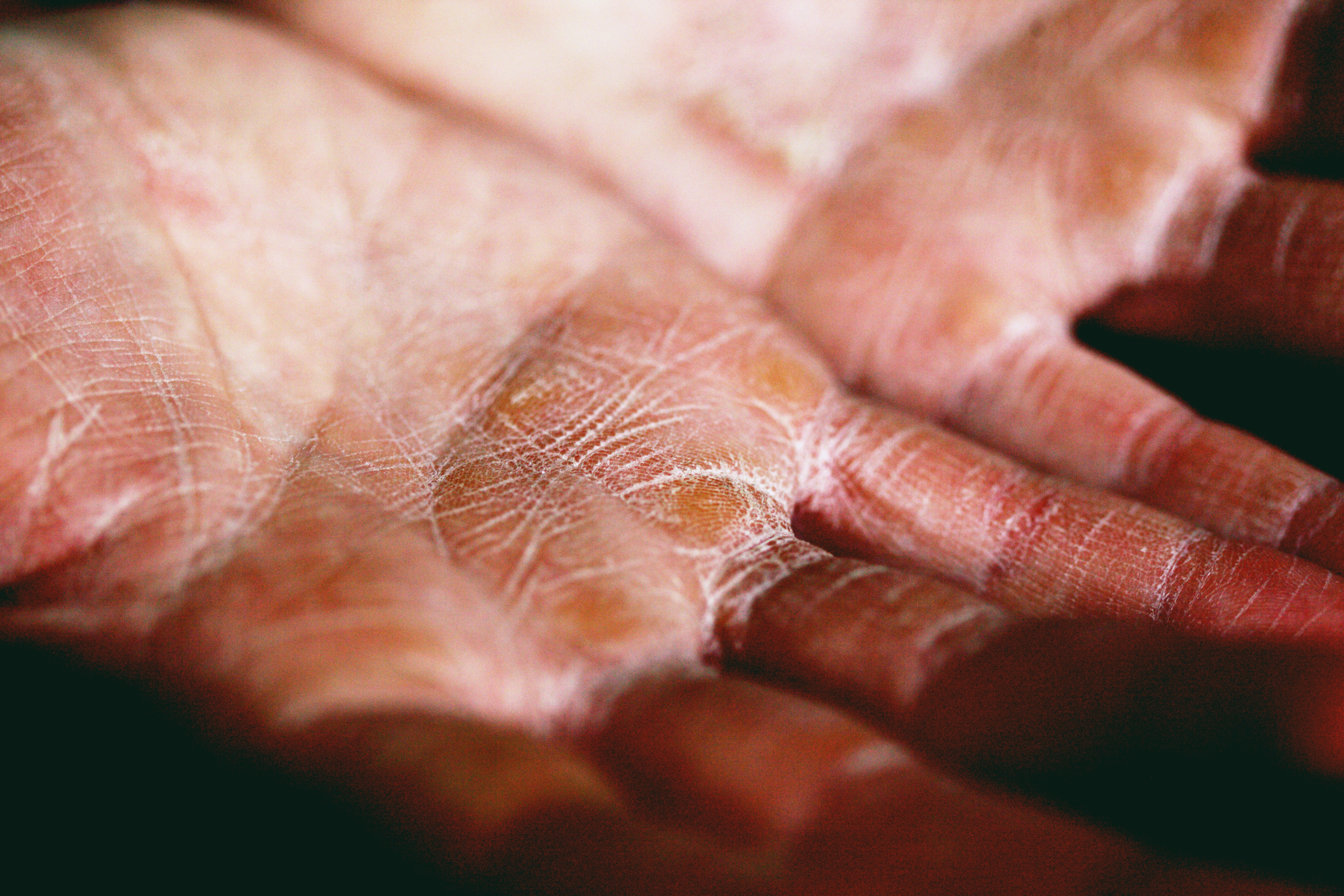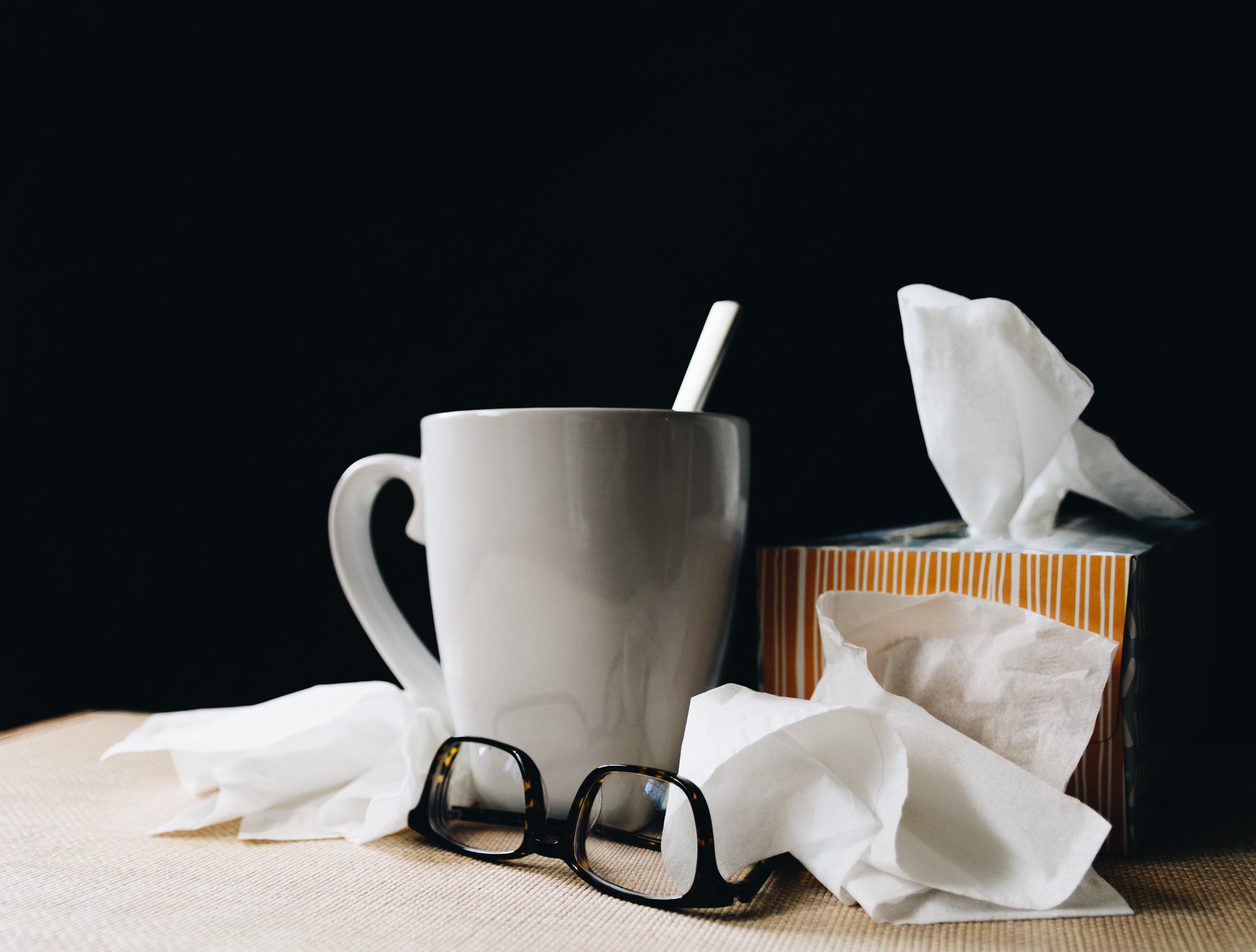“More than 1 in 5 adults is inactive in all but four states, according to new state maps of adult physical inactivity prevalence released by the Centers for Disease Control and Prevention (CDC). For these maps, physical inactivity for adults is defined as not participating in any physical activities outside of work over the last month – activities such as running, walking for exercise, or gardening.”
CDC released updated maps of America’s high levels of inactivity on January 20, 2022 and found that 25 % of U.S. adults are not active enough to protect their health.
This CDC study called the Behavioral Risk Factor Surveillance System was conducted from 2017 to 2020 by telephone. Colorado, Washington, Utah, and Vermont were the most active states whereas the Southern states had the most inactivity noted.
What is really interesting about this is that this is prepandemic and we can only wonder how much worse the numbers got during the pandemic. It is also interesting to note that the southern states with the better weather in the winters fared worse than other states.
The take home message is that inactivity can lead to chronic illness such as obesity, diabetes, hypertension, elevated cholesterol, etc. This in turn can lead to more serious issues such as strokes and heart disease.
Make your health a priority. Make time for some sort of activity, be it a walk, jog, gardening, at home exercises,or something else. Something is better than nothing. Even 10 minutes a day can make a BIG difference.


 Photo by
Photo by  Photo by
Photo by